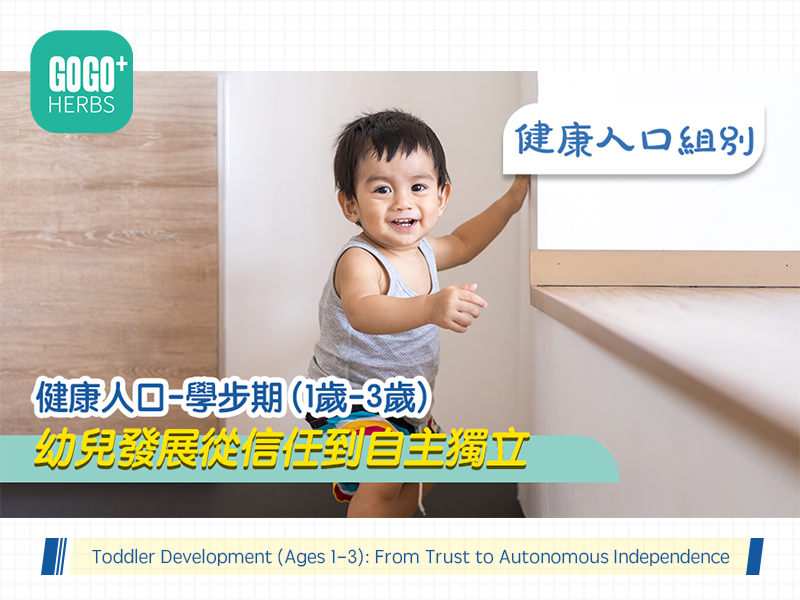
Toddler development (1-3 years): From trust to autonomy and independence
Introduction
"Sensory-motor" development is for children aged 0-3 years.Infants and young childrenLearning is an indispensable element; especially if gross and fine motor skills develop well, future abilities will be built on a solid foundation, which is absolutely beneficial to a child's brain development. However, development is only a reference point, and parents do not need to be overly anxious. Only significant developmental delays require evaluation by doctors or other professionals. The following introduces the physiological, psychosocial development of toddlers aged 1-3 years during the toddler stage. According to Freud's developmental theory, this stage corresponds to the anal stage. According to Erickson's developmental theory, toddlers at this stage develop from trust to autonomy and independence. The health goal for this population is a balance of development, requiring sufficient calories and adequate amounts of various nutrients.
Physiological behavior

Psychological behavior
Children aged 1 to 2 years are in the "presocial stage," where they do not hide their emotions and openly express their happiness and unhappiness. From the age of 2, toddlers begin to develop more complex "derived emotions," such as pride, embarrassment, guilt, and shyness, which are reinforced through interactions with "attachment relationships" with parents, family members, and siblings.
For example, when teaching a 2-year-old to use the toilet, telling them that wetting the bed is shameful is something they understand, so they will gradually cooperate and develop the habit of using the toilet. A 2-year-old child has already begun to learn to infer self-evaluation from adults' eyes and words. When praised with "Great job!", they will immediately clap their hands proudly.
Therefore, a child's social development stems from basic emotions. This includes learning to recognize the emotions of others (external locus of control) and then learning to regulate one's own emotions (internal locus of control).
Freud's developmental theory
1-3 years oldchildIn Freud's theory of personality development, this is the anal stage.
Children primarily derive satisfaction from the pleasurable stimulation of urination and defecation. Training in hygiene habits during this period is crucial for young children; overly strict control may leave lasting negative effects. Among adults, there are those with what is known as an anal personality, characterized by traits such as coldness, stubbornness, rigidity, and stinginess.
Ericksonian Development Theory
During this period, young children are developing autonomy. If this development is good, they will have proper control over external things, neither pressuring themselves or others too much nor acting recklessly and unrestrainedly. If this development is poor, young children will constantly doubt their own lack of autonomy, question whether they should rely on others, and become shy. Therefore, parents should neither be too permissive nor too strict in order to facilitate the formation of a child's will.
Health Goals and Nutritional Needs
The goal of health is a balance of development in all aspects. Children aged 1-3 years should consume an average of 1355 calories and 47.4 grams of protein per day (accounting for 14% of total calories). The nutrient most easily deficient is iron.
| Nutrition | Iron, calcium, zinc, vitamin A, B vitamins, vitamin E, folic acid, dietary fiber |
| Health Goals | Neurodevelopment, height growth, autonomy, and social skills |
| food | Grains, dairy products, fruits and vegetables, red amaranth, spinach, bell peppers, wild bitter melon, Sichuan ginseng, sweet potato leaves, sweet peas, sweet potatoes, brown rice |




































































